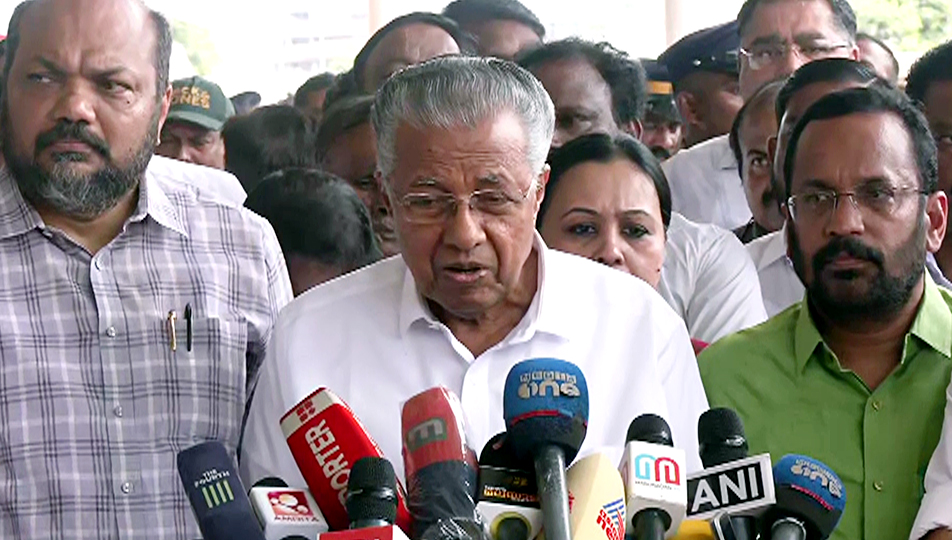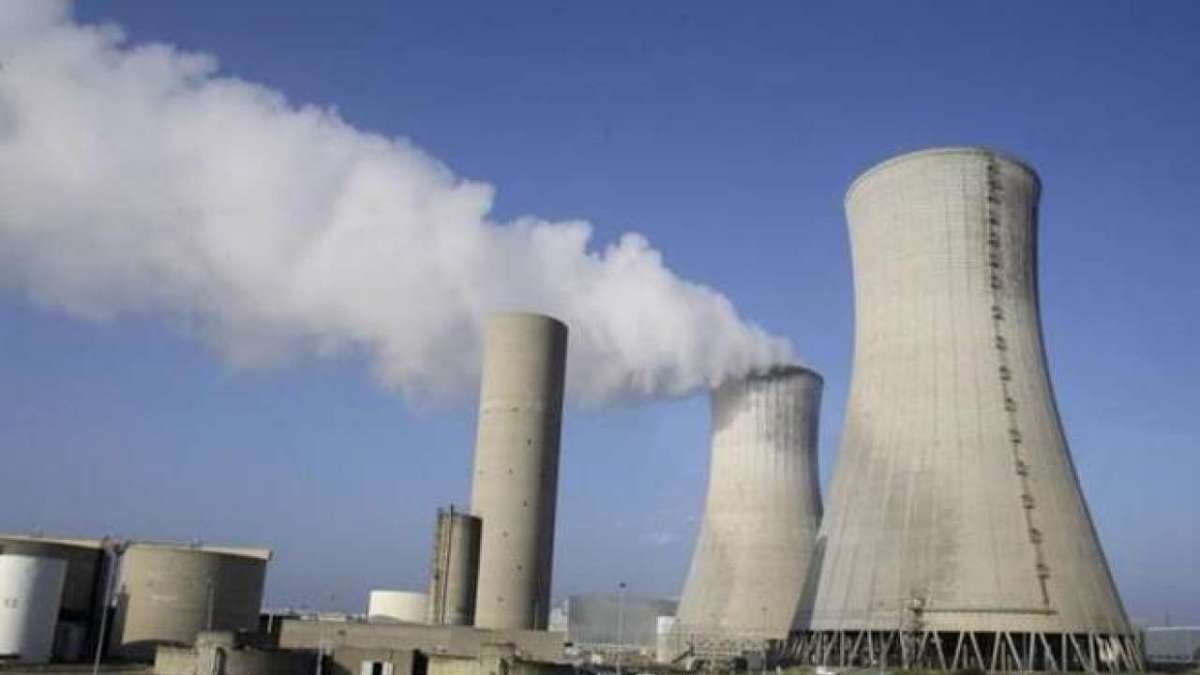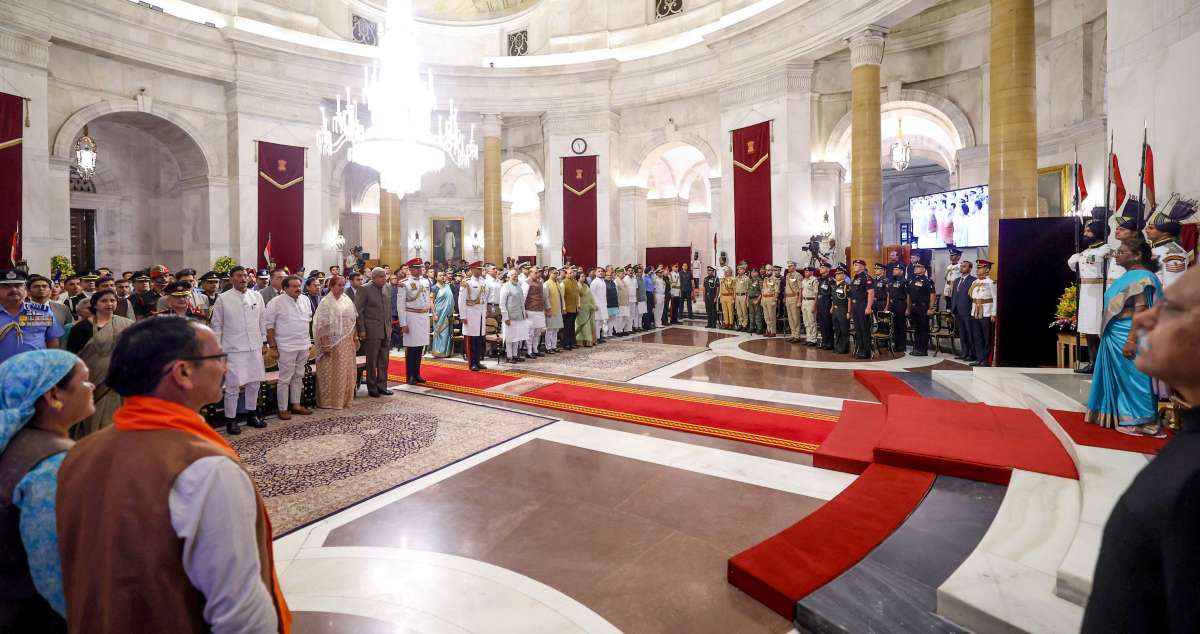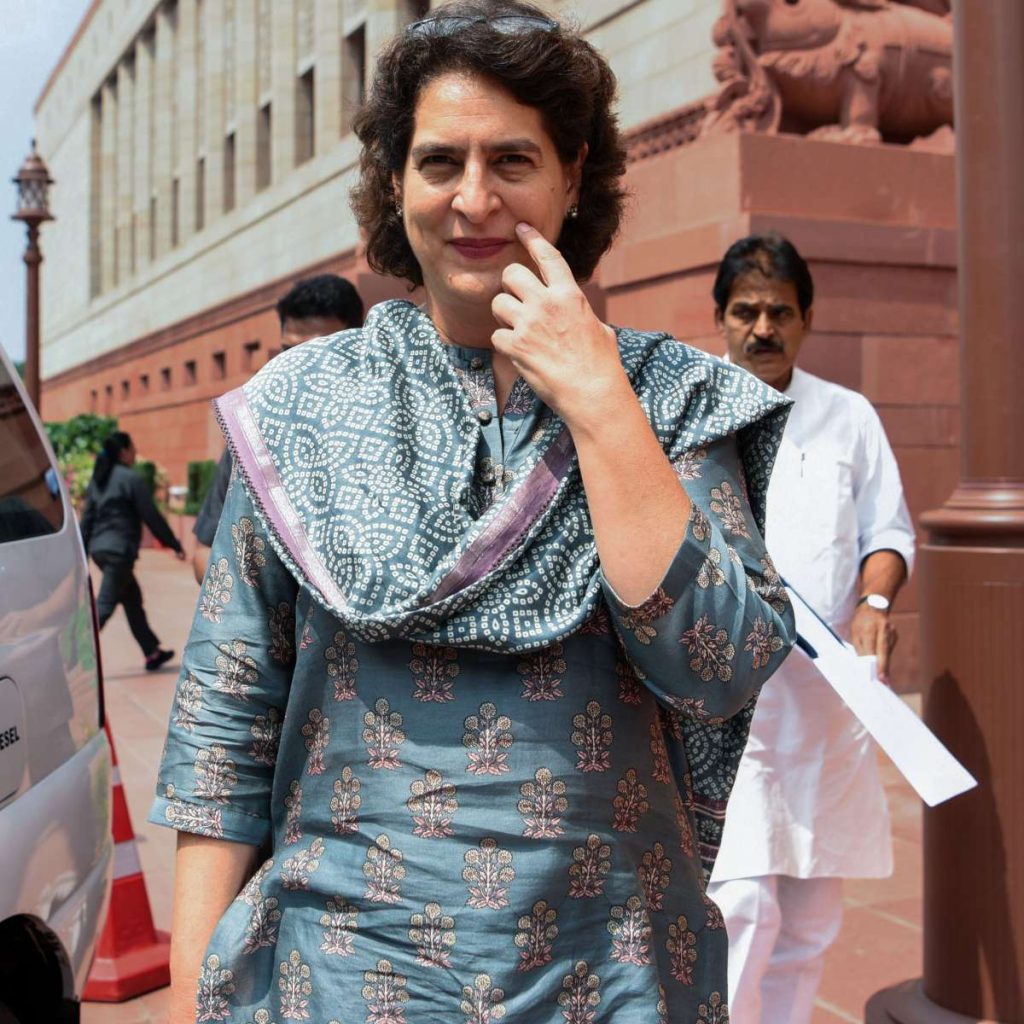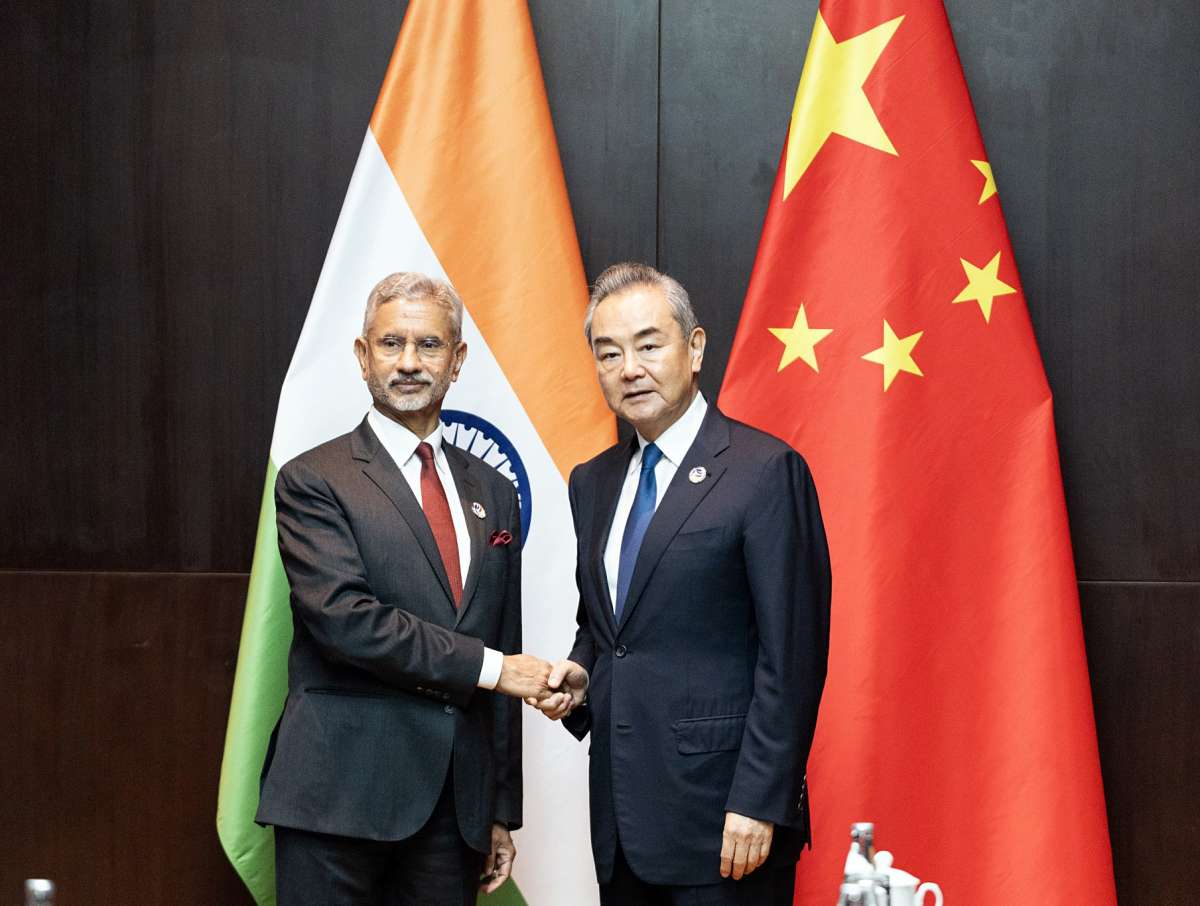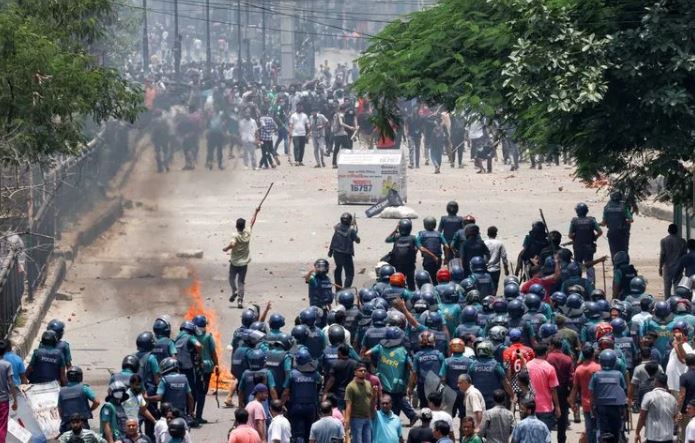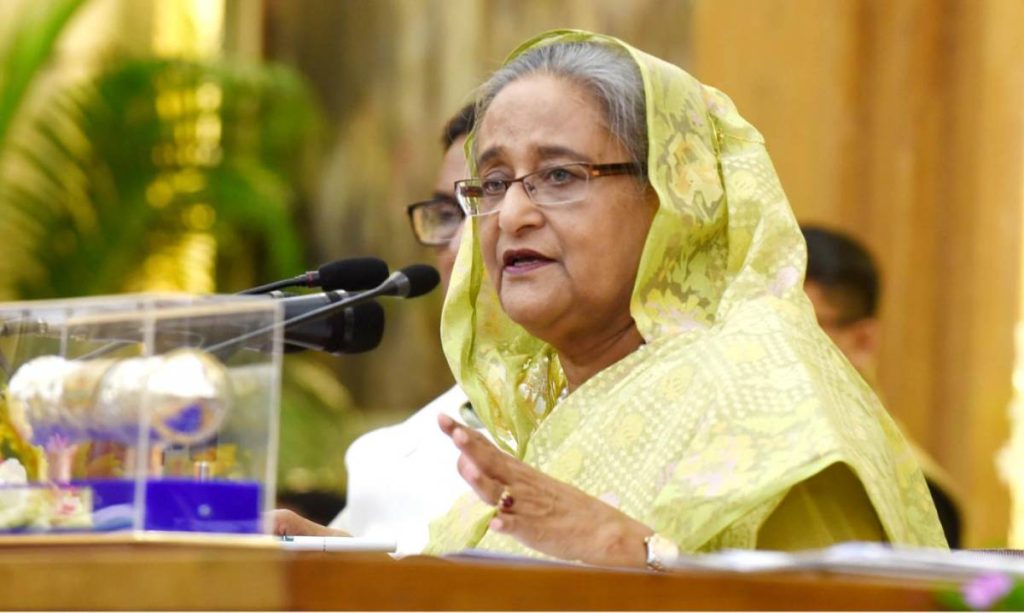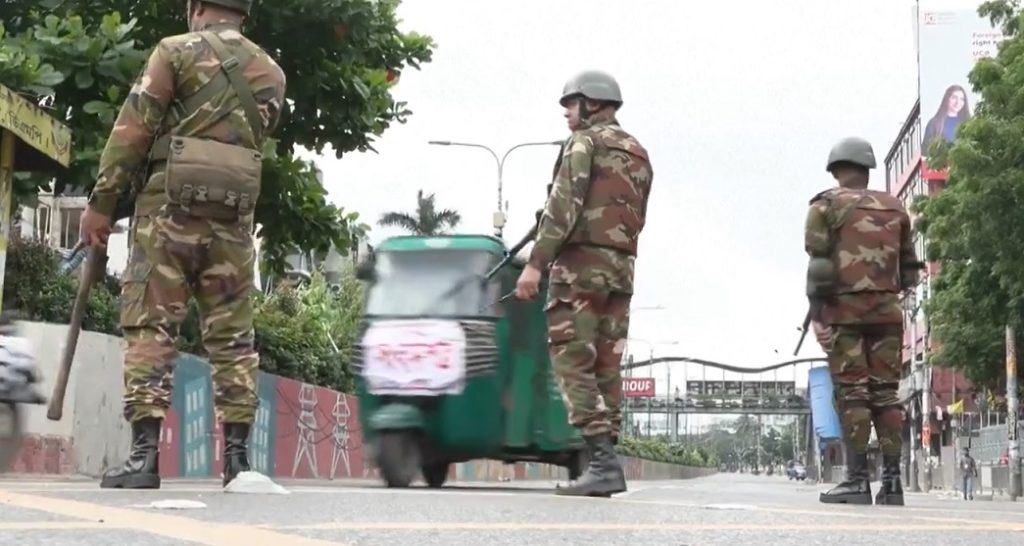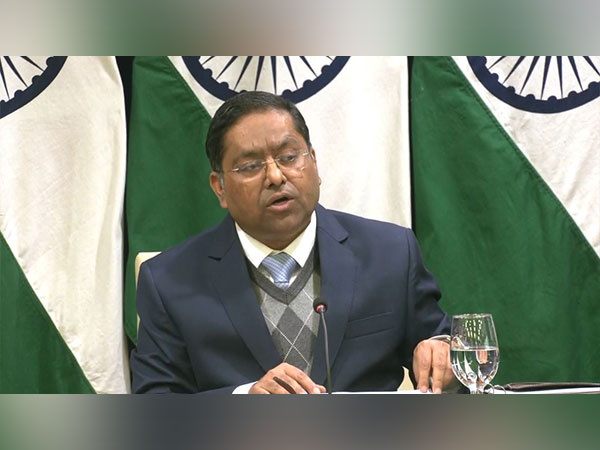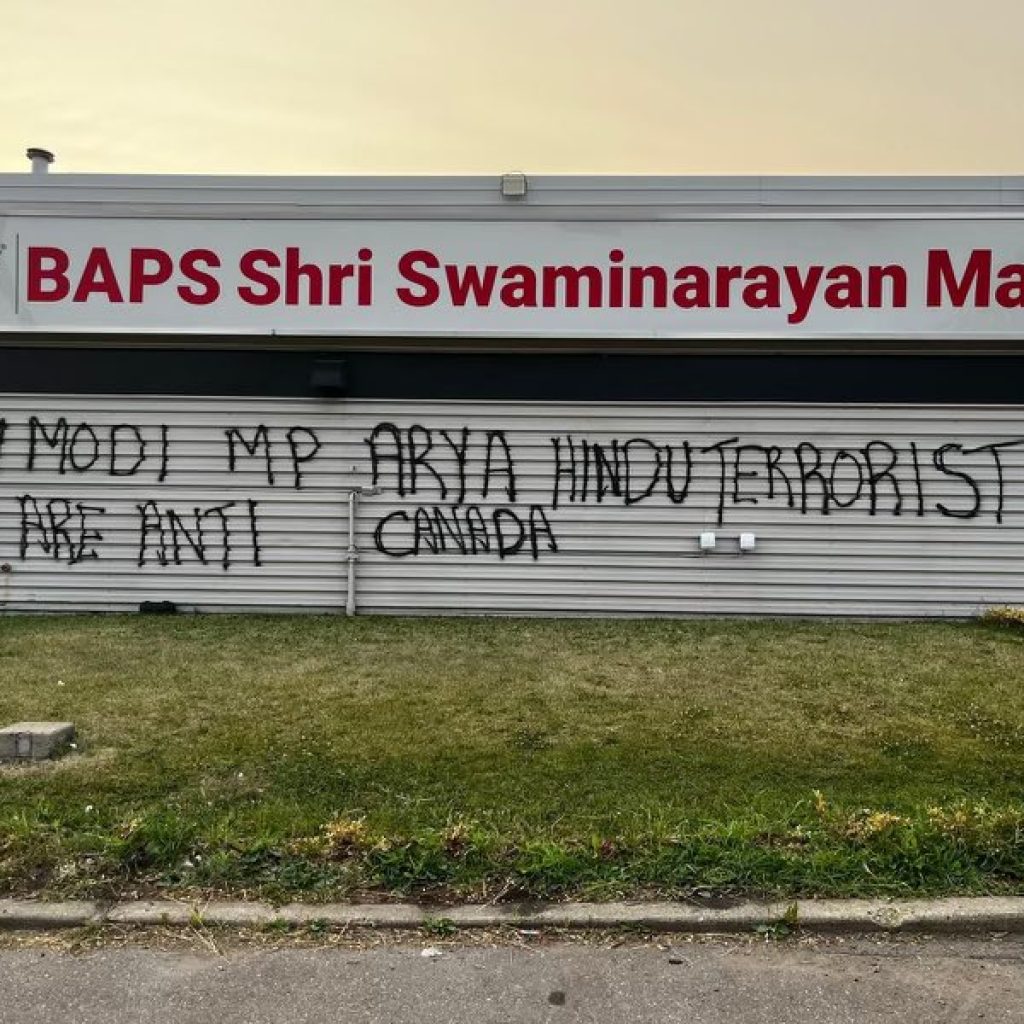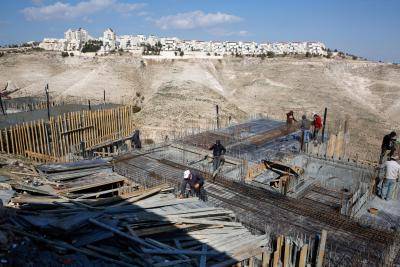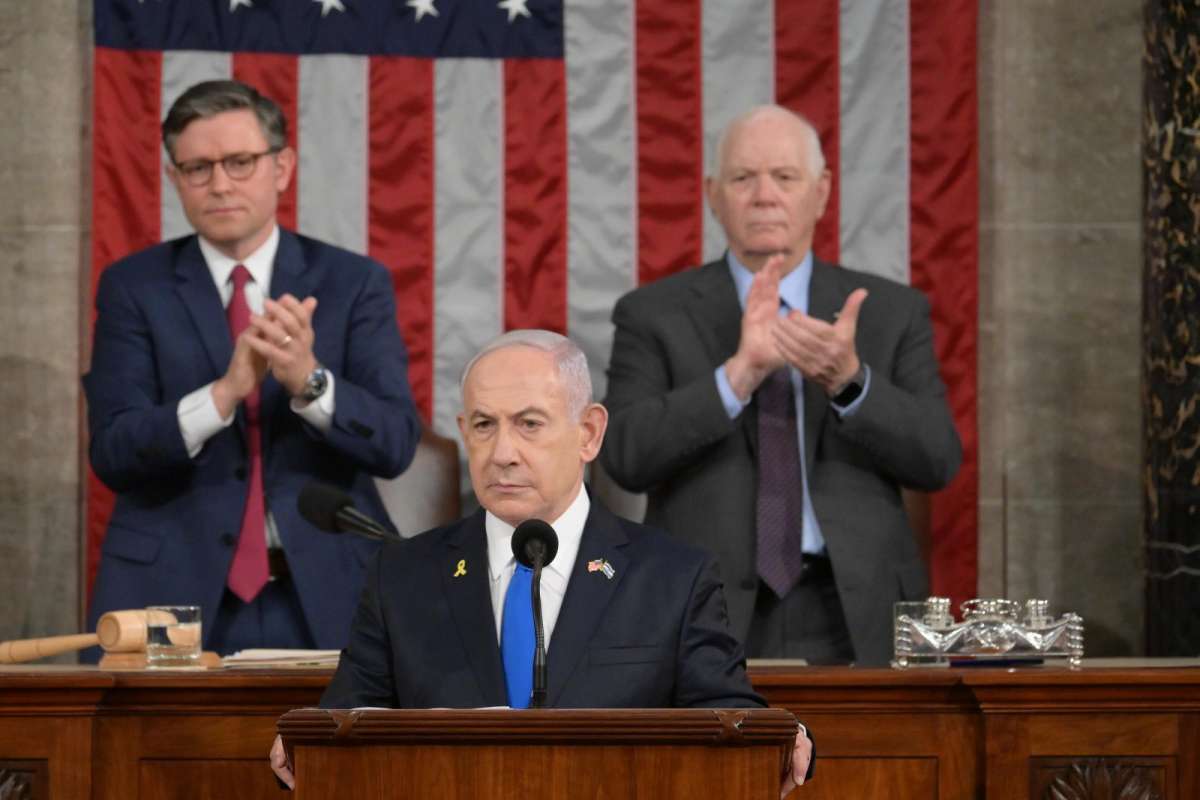The order by the Kerala government dated July 15, stated that the secretary (labour and skills) K Vasuki “will hold the additional charge of the matters connected with external cooperation.”…reports Asian Lite News
Reacting to Kerala government appointing a Secretary for External Cooperation, the Ministry of External Affairs said that foreign affairs are the “sole prerogative” of the Union Government and not concurrent or state subject, adding that the state governments should not intrude into matters that are beyond their constitutional jurisdiction.
This comes after Kerala government ‘appointed’ senior IAS officer, K Vasuki, as a secretary in charge of “matters concerning external cooperation”.
“The Constitution of India, under the 7th Schedule list 1–Union list, item 10, clearly specifies that foreign affairs and all matters which bring the Union into relation with any foreign country, are the sole prerogative of the Union Government,” MEA spokesperson Randhir Jaiswal said in the weekly press briefing on Thursday.
“Foreign affairs is not a concurrent subject and definitely not a state subject. Our position is that State governments should not intrude into matters that are beyond their constitutional jurisdiction,” he added.
The order by the Kerala government dated July 15, stated that the secretary (labour and skills) K Vasuki “will hold the additional charge of the matters connected with external cooperation.”
It also mentioned that the Resident Commissioner at Kerala House in the national capital will be supporting Vasuki in matters concerning external cooperation and will liaise with the Ministry of External Affairs, Missions, and Embassies.
This announcement attracted strong criticism from the Centre as well as the Bharatiya Janata Party.
BJP State President K Surendran slammed the Pinarayi Vijayan-led Kerala government, saying that it is a “blatant overreach” and a violation of the Union List of the Constitution.
“The appointment of an IAS officer as ‘Foreign Secretary’ in Kerala by CM Pinarayi Vijayan is a blatant overreach and a violation of the Union list of our Constitution. The LDF government has no mandate for foreign affairs. This unconstitutional move sets a dangerous precedent. Is CM Pinarayi Vijayan trying to establish Kerala as a separate nation?” Surendran said on X.
Reacting to the criticism, Kerala Chief Secretary, Dr V Venu, clarified, saying the appointment was part of an effort to establish new relations for the development of the state. He further said the move was not meant to engage in diplomatic relations, which was under the central government’s jurisdiction.
Congress MP Shashi Tharoor also reacted to the appointment and said that there was nothing unusual and that the appointment of the young officer was a focal point of responsibility within the government. (ANI)

